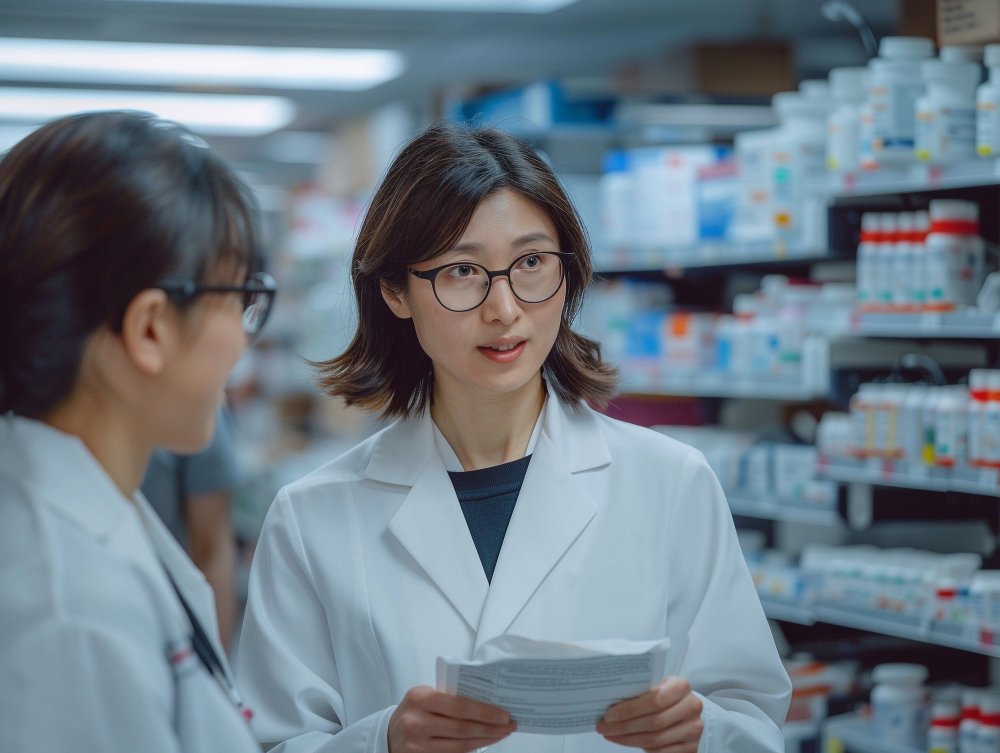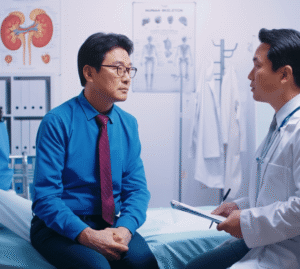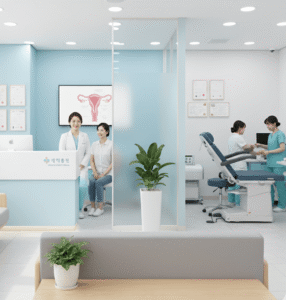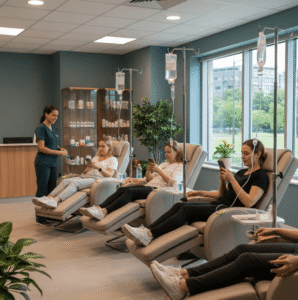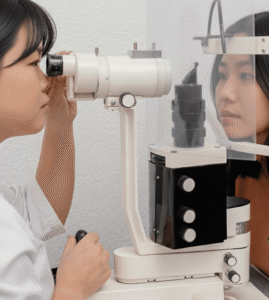In recent years, South Korea’s pharmaceutical and biotech sector has catapulted into the global spotlight. What was once a primarily domestic industry has now grown into a strong player in global drug development, biologics, and contract manufacturing. Several Korean firms are gaining worldwide attention—both for their scientific innovation and strategic expansion.
🔍 Major Trends Driving Korea’s Pharma Rise
➡️ License Deals Exploding in Value
Korea has seen a dramatic surge in global licensing agreements. The total deal value for innovator drugs has increased by more than 100% compared to last year, signaling strong confidence from global partners. Korean pharmaceutical companies are no longer just manufacturing generics—they are exporting intellectual property, new drugs, and biotechnology.
➡️ Korea as a Global Biopharma Hub
South Korea is rapidly becoming one of the world’s leading centers for drug discovery. Korean firms have discovered more than a thousand new drug candidates in recent years, making up a significant portion of global innovation. Clinical trial activity has also increased even as global trials declined, proving Korea’s robust R&D ecosystem.
➡️ Embracing AI and Next-Gen Technologies
Korean pharma is integrating artificial intelligence (AI) and machine learning into drug discovery and clinical development. Companies are focusing on advanced therapeutic areas like cell and gene therapy (CGT), antibody-drug conjugates (ADC), and mRNA platforms. This technological focus is helping Korea close the innovation gap with global leaders in the U.S. and Europe.
➡️ Strategic Moves to Mitigate Global Risks
With global tariff pressures and regulatory changes, Korean companies are expanding manufacturing capacity overseas. For instance, Celltrion is investing in U.S. manufacturing facilities to reduce dependency on exports. The South Korean government has also pledged financial and logistical support to help the pharmaceutical industry strengthen global competitiveness.
🏆 Spotlight on Leading Companies
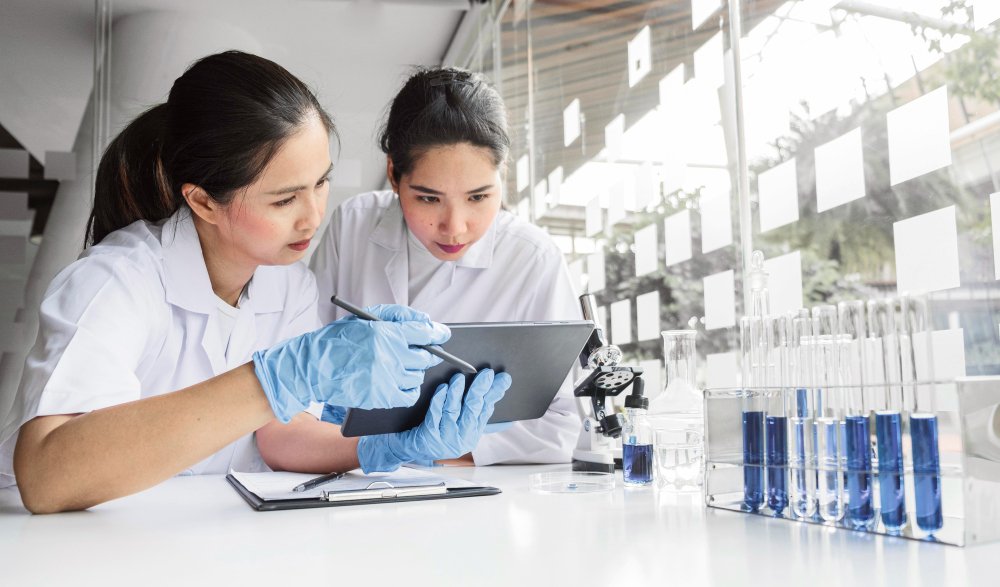
➡️ Samsung Biologics
Samsung Biologics is one of the biggest names in the global biopharmaceutical manufacturing sector. It partners with major international pharmaceutical firms to develop and produce biologic drugs, including antibodies and vaccines. The company continues to expand its manufacturing plants and has become a trusted global CDMO (Contract Development and Manufacturing Organization).
➡️ Celltrion
Celltrion has built a reputation as a pioneer in biosimilars, which are biologic medicines similar to existing therapies for conditions like cancer and autoimmune diseases. To manage global trade challenges, Celltrion is acquiring international facilities and expanding its partnerships in Europe and the U.S. It has also diversified into developing new biologics and digital healthcare technologies.
➡️ Chong Kun Dang
Founded in 1941, Chong Kun Dang remains a strong player in Korea’s pharmaceutical scene. The company has entered global licensing deals with major pharmaceutical brands, exporting technology and innovation rather than only finished drugs. It represents the growing ambition of traditional Korean firms moving into global innovation markets.
➡️ Yuhan Corporation
Yuhan is one of Korea’s oldest pharmaceutical companies and continues to collaborate globally on new drug development. It focuses on ethical pharmaceuticals, biologics, and consumer healthcare, and it remains a symbol of Korean pharmaceutical reliability and integrity.
➡️ Lotte Biologics
A newer name in the industry, Lotte Biologics is quickly rising as a competitor in biologic manufacturing. After acquiring a large biopharma plant in the U.S., it began building new facilities in Songdo, Korea’s biotechnology hub. Lotte’s entry into the field shows how major Korean conglomerates are betting on biotechnology as a growth engine.
💡 Key Ideas Shaping the Future
➡️ Local Innovation with Global Partnerships
Korean pharma companies combine local R&D strength with international partnerships to access global markets faster and more efficiently.
➡️ Manufacturing Flexibility
By building or acquiring overseas facilities, Korean companies are reducing geopolitical risks and ensuring supply chain stability.
➡️ Government and Institutional Support
The South Korean government has established new policies and committees to accelerate the growth of biotechnology, support exports, and encourage new talent in the sector.
➡️ Expanding Therapeutic Areas
While oncology remains a major focus, Korean companies are expanding into cardiovascular, gastrointestinal, and rare diseases, diversifying their pipelines.
➡️ Digital and AI Integration
Korean firms are leveraging national health data and AI to enhance precision medicine, lower development costs, and predict treatment outcomes.
➡️ Regulatory Agility
Korea is improving its clinical and regulatory infrastructure to match international standards, making it easier for local companies to compete globally.
🌟 Why These Developments Matter
➡️ Better Treatment Options for Patients
As Korean firms expand globally, more advanced and affordable therapies will become available in local and international clinics.
➡️ Opportunities for Healthcare Collaboration
Hospitals and research institutions can collaborate with pharmaceutical companies on clinical trials, digital health, and biotechnology innovations.
➡️ Economic and Technological Growth
The expansion of Korea’s pharmaceutical industry is creating jobs, attracting investment, and strengthening Korea’s global image as a leader in health innovation.
➡️ Boosting Global Health Access
By producing cost-effective biologics and biosimilars, Korean companies are helping make critical treatments more accessible to patients around the world.
🌿 Final Thoughts
The rise of Korean pharmaceutical companies is a defining moment for both Asia and the global healthcare industry. From traditional drug manufacturing to cutting-edge biotechnology, Korea’s progress shows how innovation, government support, and global collaboration can transform an entire sector.
➡️ Samsung Biologics is expanding as a global CDMO powerhouse.
➡️ Celltrion is leading the biosimilar revolution.
➡️ Chong Kun Dang, Yuhan, and Lotte Biologics are building bridges through technology and partnerships.

